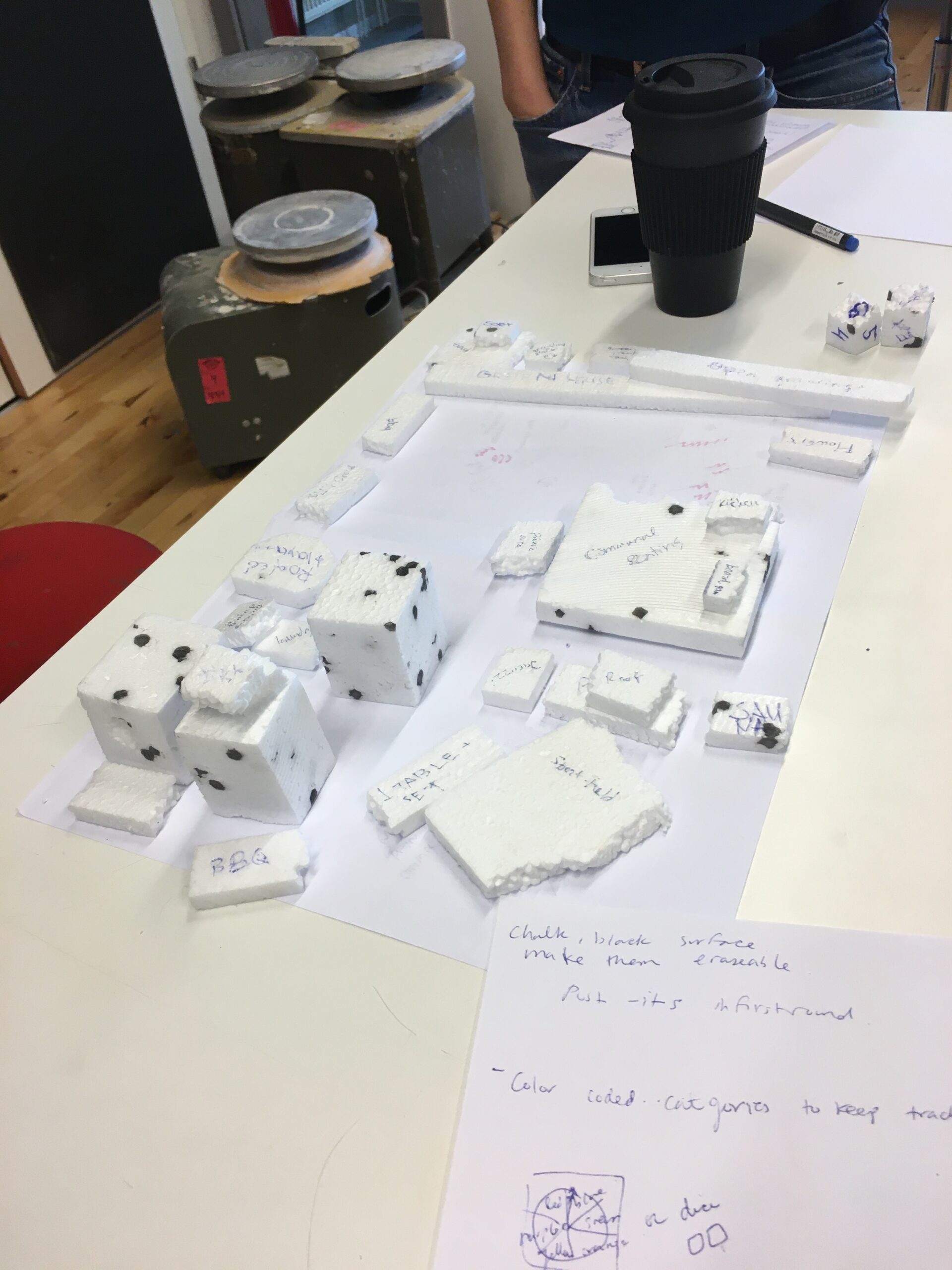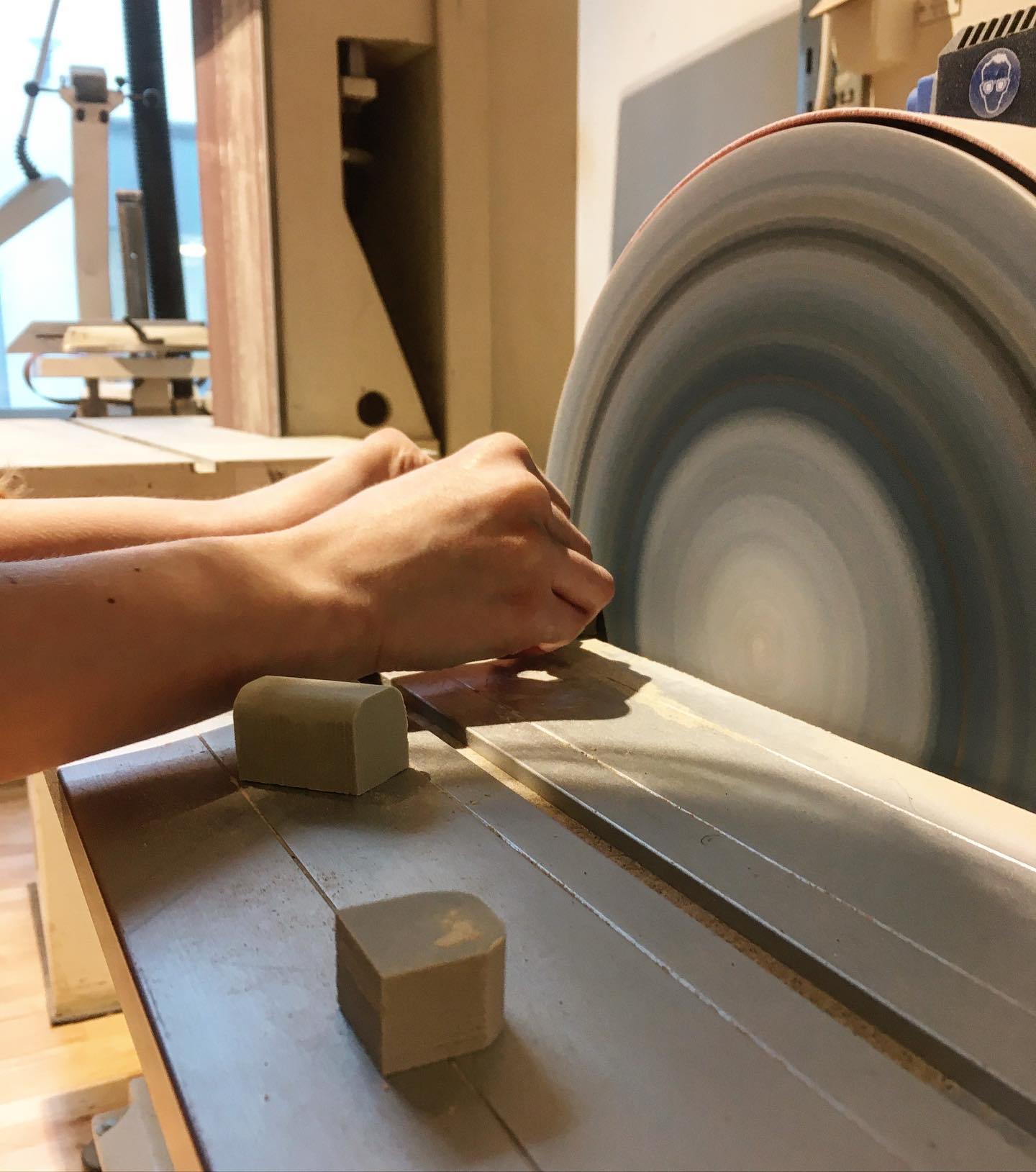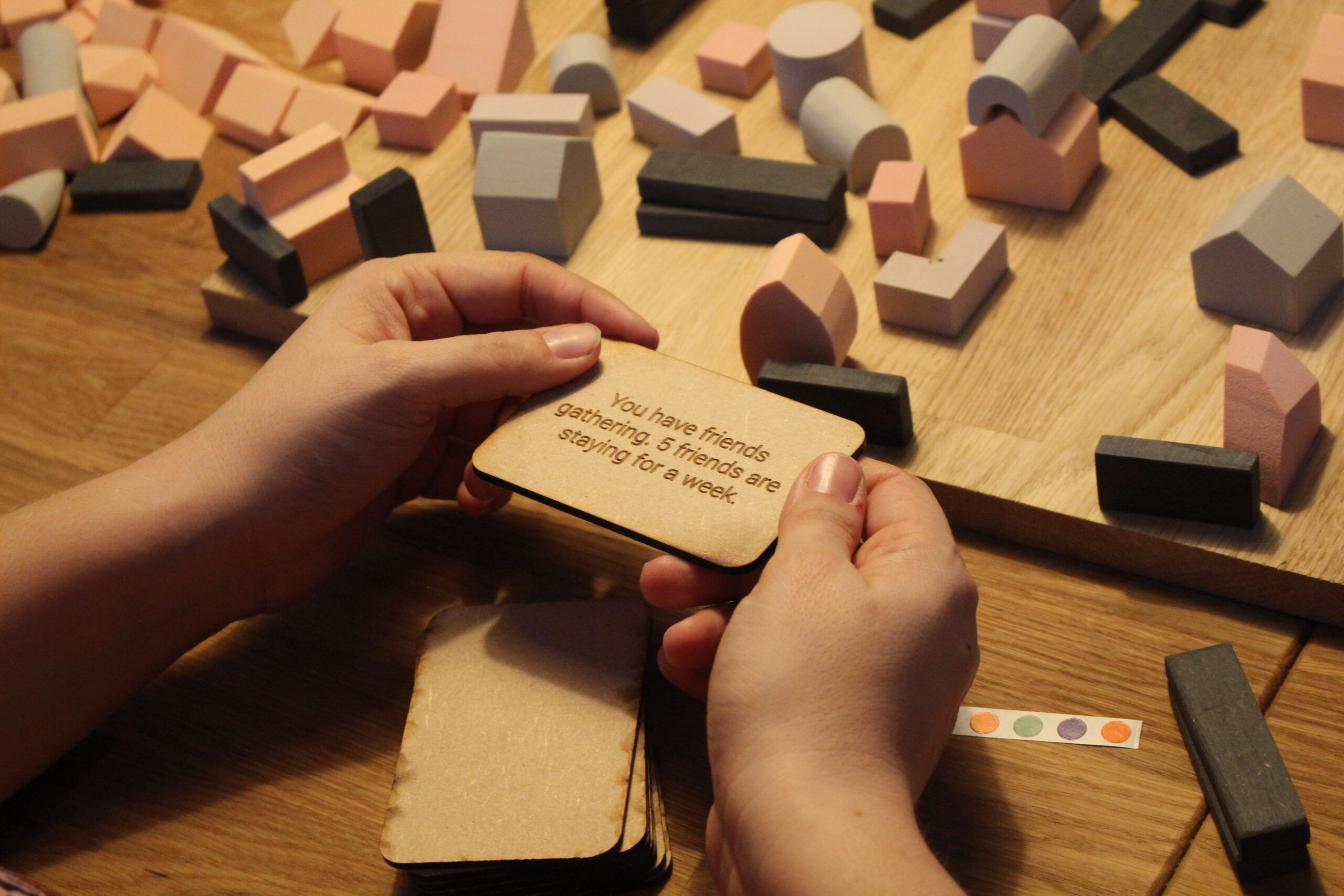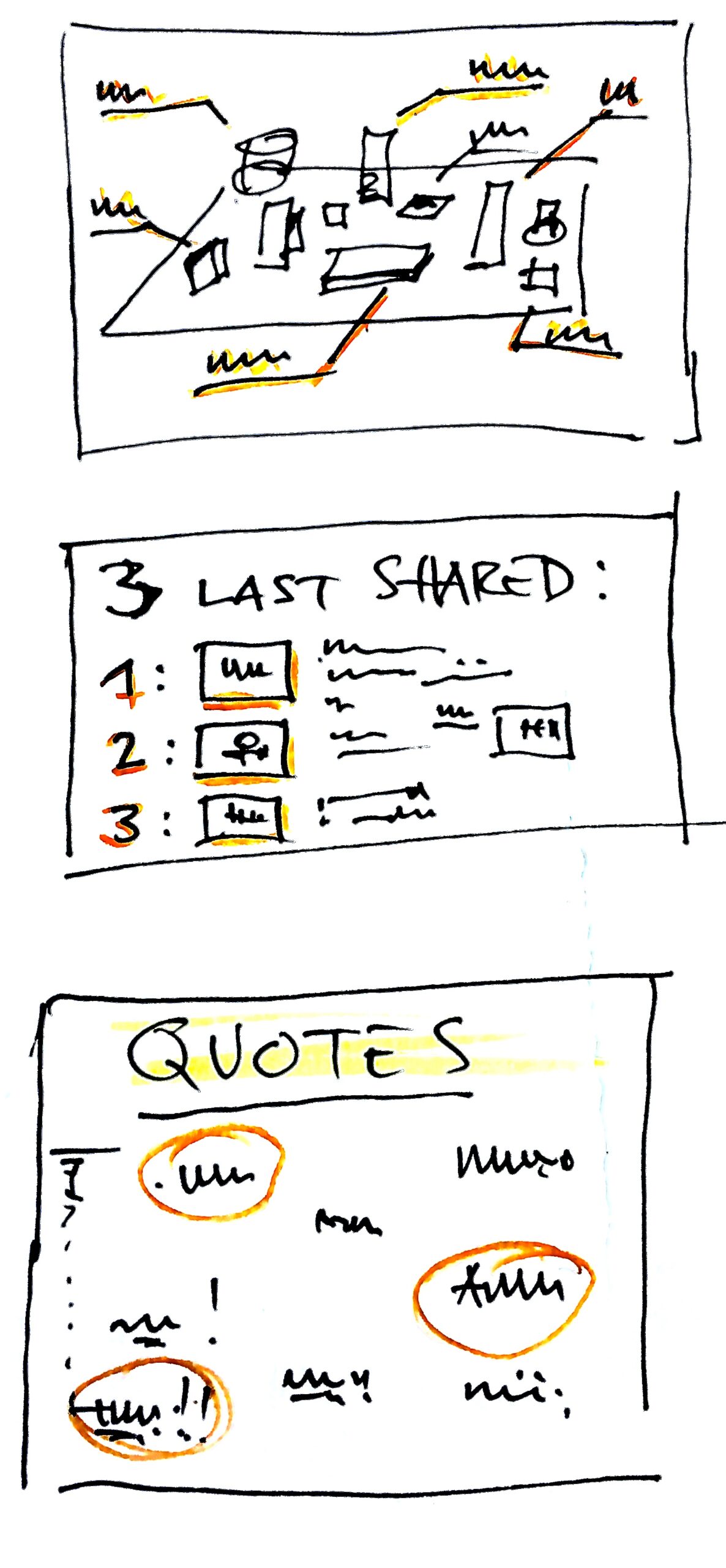Sharing Living
Would you share your toothbrush?
Team
Linea Bendtsen, Elizabeth Matkiewicz, Tirsa Rosalba Ramos-Pedersen, Jonas Stengel, Valentina Ustinova
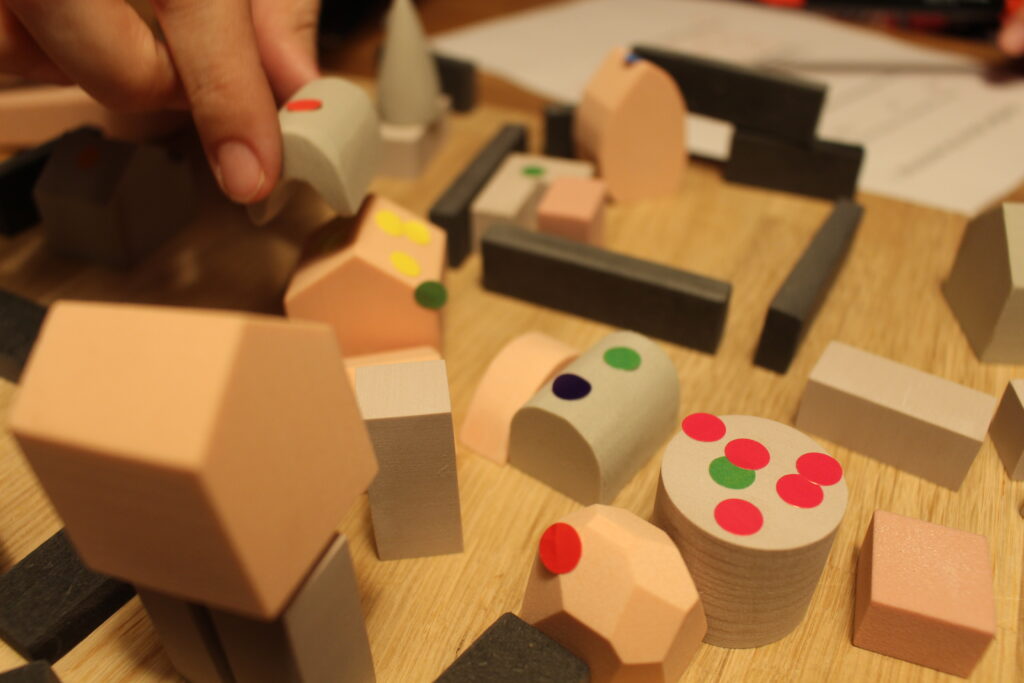
You want to live in a shared community but need to plan for practicalities for such a living. How would you begin planning?
Well, this Toolkit would help you find your answers by engaging in different activities and experiences. You are building, exploring and raising practical concerns and considerations together.
Problem
How can we support different communities of people to envision, create, and develop new forms of shared living that are both socially and environmentally sustainable?
Process
We began with literature research, interviews, field research, and brainstorming.
After the toolkit's prototype was created, the design team conducted a series of facilitated workshops. The results of these workshops proposed to include methods such as cultural probes, roleplay, scenarios, and workshops in the final version of the toolkit.
Solution
The Toolkit consisting of a series of workshops with cultural probes in between, tackling Practicalities, Conflicts, and Emotions to different extend.
I was honoured to facilitate the final testing with great support from the team. The testing included more rounds and tasks within the activities. First, the participats had to build the community together buy using building blocks and a board. Then they were asked to reflect on what was easy or difficult to share. After that they were asked to add changes to the built community based on the situation on a card they picked as well as later mark the locations based on provided questions such as "Where would you like your community to gather?".
Contents of the final Toolkit.
The Toolkit
The Toolkit should consist of a series of workshops with cultural probes in between, tackling Practicalities, Conflicts, and Emotions to different extend.
The first cultural probe (the ice breaker) would be sent in a package and consist of the consent form, a brief intro to the project, then the cultural probe activity.
The first workshop would include building board and a few rounds of facilitated discussions. However, after that workshop, each player would receive another probe (postcards), with the task of writing a short entry after each workshop in a diary and 2-sided feedback postcards with perforated sides: one to keep, one to send to facilitators.
The second workshop would consist of a role-playing activity, where each participant would get an opportunity to channel imagination and think outside the box while picking a card with a scenario and brainstorming how to build a community based on a given scenario. At the end of this workshop, the participants would receive a cultural probe as a follow-up exercise. This is also the point where they would be asked to turn everything in for the facilitators to analyze and draw conclusions.
After the last workshop, as an informative thank you souvenir, the participants would receive something like a small token in a form of a picture or a small wooden house or a booklet.


